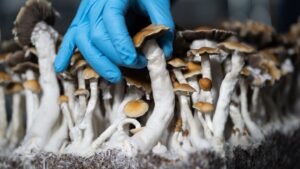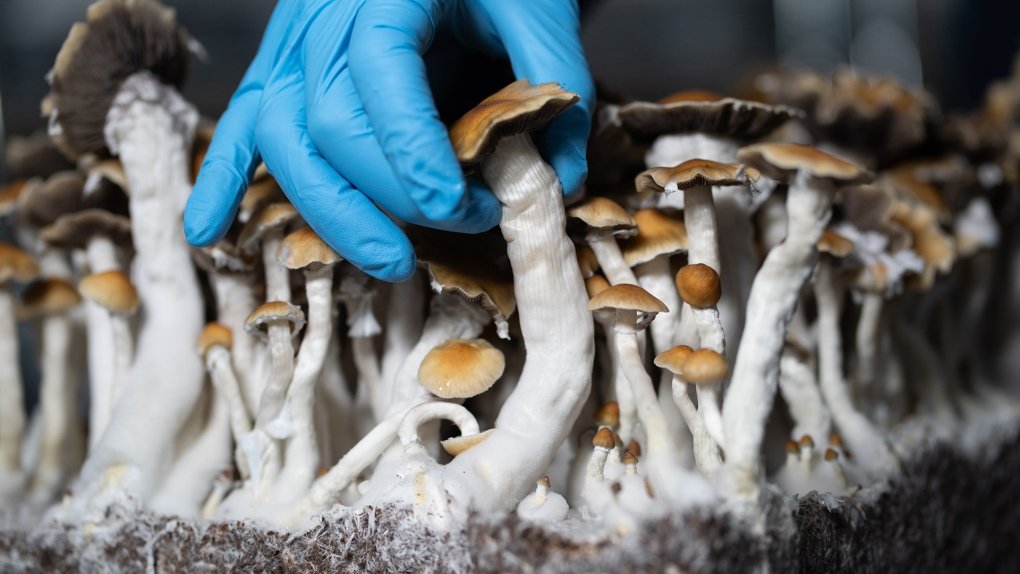How Are Magic Mushrooms Used in Therapy Today?
In recent years, the therapeutic use of magic mushrooms, or psilocybin, has gained significant attention and legitimacy within the medical community. With promising research underscoring their potential to treat a variety of mental health disorders, psilocybin therapy represents a new frontier in psychopharmacology and mental health treatment. This article explores the current applications of magic mushrooms in therapeutic settings, the process involved, and the benefits they may offer.
Overview of Psilocybin Therapy
Psilocybin therapy involves the use of psilocybin, the active compound found in magic mushrooms, to facilitate psychological healing and growth under controlled conditions. This therapy is often conducted in a clinical setting, where medical professionals monitor and guide the patient through their experience.
Treatment of Depression
One of the most significant applications of psilocybin therapy today is in the treatment of depression. Studies have shown that psilocybin can produce rapid and substantial decreases in depressive symptoms, even in cases where patients do not respond to traditional antidepressants. The effects of a single dose can last for weeks or even months.
- Mechanism: Psilocybin acts by stimulating serotonin receptors in the brain, which can lead to an altered state of consciousness. This state can help break the cycle of depressive thoughts and behaviors, offering patients new perspectives on their lives and emotions.
Anxiety Reduction in Terminal Illness
Psilocybin has also been researched for its efficacy in reducing anxiety and depression in patients with life-threatening cancer diagnoses. The existential distress associated with terminal illness can significantly reduce the quality of life.
- Impact: Psilocybin therapy has been shown to help these patients find peace and acceptance, significantly enhancing their emotional and psychological well-being during their final months or years.
Treatment of PTSD and Addiction
Emerging research suggests that psilocybin therapy can be beneficial in treating post-traumatic stress disorder (PTSD) and addiction, including alcohol and tobacco dependence.
- Approach: By facilitating deeply meaningful experiences and allowing patients to confront traumatic or addictive triggers in a supportive environment, psilocybin can promote significant and lasting behavioral changes.
The Therapeutic Process
The typical psilocybin therapy session involves several stages:
- Preparation: Patients undergo comprehensive assessments and are prepared for the experience through discussions about their goals and what to expect.
- Dosage and Administration: Psilocybin is administered in a controlled, comfortable setting, often with calming music and a serene environment.
- Integration: After the session, patients discuss their experiences with therapists, who help them integrate these insights into their everyday lives.
Safety and Side Effects
While psilocybin is generally considered safe when used in a controlled medical setting, it is not without risks. Possible side effects include transient anxiety during the session, confusion, and perceptual disturbances. Strict screening processes help minimize risks by excluding individuals with a history of psychosis or serious mental health conditions.
Legal and Regulatory Status
Despite its potential, psilocybin remains a Schedule I drug in many countries, including the United States, under federal law, which classifies it as having no accepted medical use and a high potential for abuse. However, recent shifts in policy and public opinion, influenced by promising research outcomes, are leading to changes. Several regions have begun to decriminalize or approve psilocybin for medical use under specific conditions.
Conclusion
The use of magic mushrooms in therapy today marks an exciting era in the treatment of mental health disorders. As research continues and legal barriers are challenged, psilocybin therapy could become more accessible, offering new hope to those who have not found relief through traditional therapeutic methods.
FAQs
- What should someone expect during a psilocybin therapy session?
- How long do the effects of a psilocybin therapy session last?
- Is psilocybin therapy safe for everyone?
- Can psilocybin be addictive or lead to drug abuse?
- How can someone access psilocybin therapy legally?
- What are the psychological risks associated with psilocybin therapy?
- Are there any long-term studies on the effects of psilocybin therapy?
- How does psilocybin compare to traditional antidepressants or anxiety medications?






